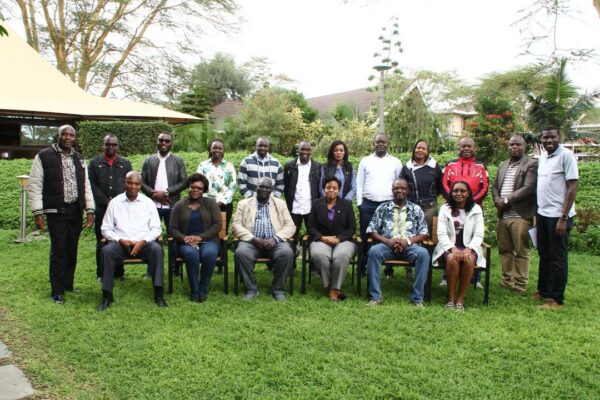
The International Labour Organization (ILO) Country Office for Dar es Salaam successfully wrapped up a two-day consultative workshop in Naivasha, Kenya, aimed at enhancing South-South and triangular cooperation in the horticulture sector. The event brought together key stakeholders from Madagascar, Kenya, and France to explore ways of boosting decent work, expanding export potential, and addressing challenges within horticultural value chains.
The forum is part of the ILO’s broader efforts to promote sustainable agriculture and responsible business practices in developing countries through the Trade For Decent Work (T4DW) and ProAgro Youth projects in Madagascar, and the “All Hands in Kenya – Advancing Labour Standards through Cooperative Action (AHK)” project in Kenya. These initiatives focus on improving labour standards, creating decent work opportunities, and enhancing the capacities of small and medium-sized enterprises (SMEs) to meet international market requirements.
Discussions in Naivasha focused on the horticulture export markets of Madagascar and Kenya, value chain challenges, and best practices for improving efficiency and market access. Participants, including representatives from the Federation of Kenya Employers (FKE), the Central Organization of Trade Unions (COTU), and Kenya’s Ministry of Labour, also visited a local flower farm to gain firsthand insight into the export process.
The forum provided a platform for sharing knowledge on how to meet these regulations and access international markets while adhering to responsible business conduct and ILO’s Fundamental Principles and Rights at Work (FPRW).
The forum also underscored the growing importance of South-South and triangular cooperation in achieving the Sustainable Development Agenda 2030, especially within sectors like horticulture, where economic growth and decent work can have a transformative impact on rural communities. The partnership between Madagascar, Kenya, and France — supported by the ILO — aims to create a job-rich, export-oriented agribusiness environment, improving both the livelihoods of rural farmers and the competitiveness of SMEs in international markets.
The initiative also aligns with the ILO’s broader goal of fostering inclusive, sustainable economic development and empowering workers in the global supply chains of fruits, flowers, and vegetables.
For more information, please contact:
Duncan Chando
National Project Officer

